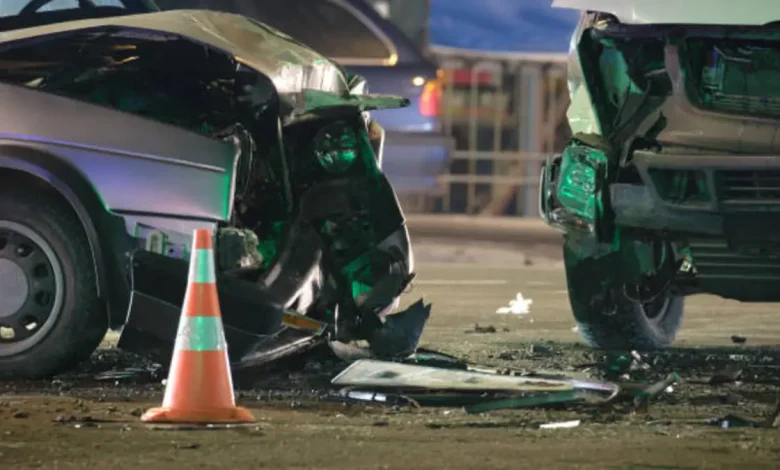
South Africa has one of the highest road death rates in the world, a grim statistic that demands urgent and innovative solutions. With around 24.5 road traffic deaths per 100,000 people annually, nearly half of them pedestrians, it’s clear that road safety in the country is in crisis. But according to Eugene Herbert, CEO of MasterDrive, an advanced driver training organisation, this tragic toll can be significantly reduced. That is, if the country is willing to rethink its approach to enforcement and driver accountability.

Enforcement Is Key to Safer Roads
South Africa’s traffic laws are not the issue; it’s the lack of consistent enforcement that undermines them. According to Herbert, many drivers routinely flout rules by speeding, texting, applying makeup, or even eating behind the wheel. They do this because they’ve grown used to getting away with it.
“If you ask me what’s the most important thing we can do to change this, the answer is law enforcement,” Herbert said in an interview with CapeTalk.
The country’s legal framework is sound, but without regular and visible policing, it becomes meaningless. Motorists no longer fear consequences, and that’s a dangerous mindset to foster on already chaotic roads.
Rethinking Punishment: Beyond the Traffic Fine
Herbert believes that handing out fines is ineffective in changing behaviour. Instead, he proposes a more impactful approach: community service. Offenders should witness first-hand the devastation caused by reckless driving.
“Imagine if people caught speeding had to do community service at a public hospital and witness the arrival of accident victims,” Herbert suggested. “That would be a powerful motivation to drive more responsibly.”
This type of punishment introduces a degree of emotional and psychological consequence that a simple traffic fine lacks. It makes the repercussions of careless driving tangible and personal.
The Role of Positive Reinforcement
While punishment can be an effective deterrent, it shouldn’t be the only tool. Herbert also advocates for positive reinforcement. If a traffic officer stops a driver only to check their license and commend them for safe driving, it sends a powerful message of encouragement.
“You start changing behaviours as a result of positive influence,” said Herbert. “Punishment doesn’t always work, and not encouraging good habits means they slowly disappear.”
Balancing penalties with recognition of good driving practices can foster a culture of accountability and pride in safe behaviour.
Tackling Drunk Driving and Seatbelt Non-Compliance
Drinking and driving remains a deadly issue in South Africa. According to a Zutobi study, alcohol-related accidents account for a staggering 57.5% of all road fatalities in the country, the highest rate among the 53 nations examined.
Seatbelt use is also alarmingly low. Only 31% of front-seat passengers in South Africa wear a seatbelt. This is in contrast to nearly 98% in Norway, a country consistently ranked as one of the safest for road users.
Cellphone use behind the wheel is another major factor in South Africa’s accident rate. Data from a leading insurer reveals that in up to 60% of collisions, the driver was on their phone moments before impact. This shows just how entrenched the habit has become. It highlights how urgently it needs to be addressed through stricter enforcement and public awareness campaigns.
A Combined Approach for Real Change
To reverse the deadly trends on South Africa’s roads, Herbert proposes a dual approach: strong enforcement of traffic laws and meaningful consequences for violations. This should be coupled with recognition and rewards for good behaviour.
Changing entrenched attitudes won’t be easy, but it is possible. By making the consequences of reckless driving real, and by rewarding those who respect the rules, South Africa can begin to steer itself toward a safer, more responsible road culture.
South Africa’s road safety crisis won’t be solved overnight. But by rethinking how punishments are applied, increasing law enforcement visibility, and encouraging responsible behaviour through positive reinforcement, real progress can be made. With lives at stake, the time to act boldly and smartly is now.
Related article: Road Safety Campaigns in Gauteng Schools




